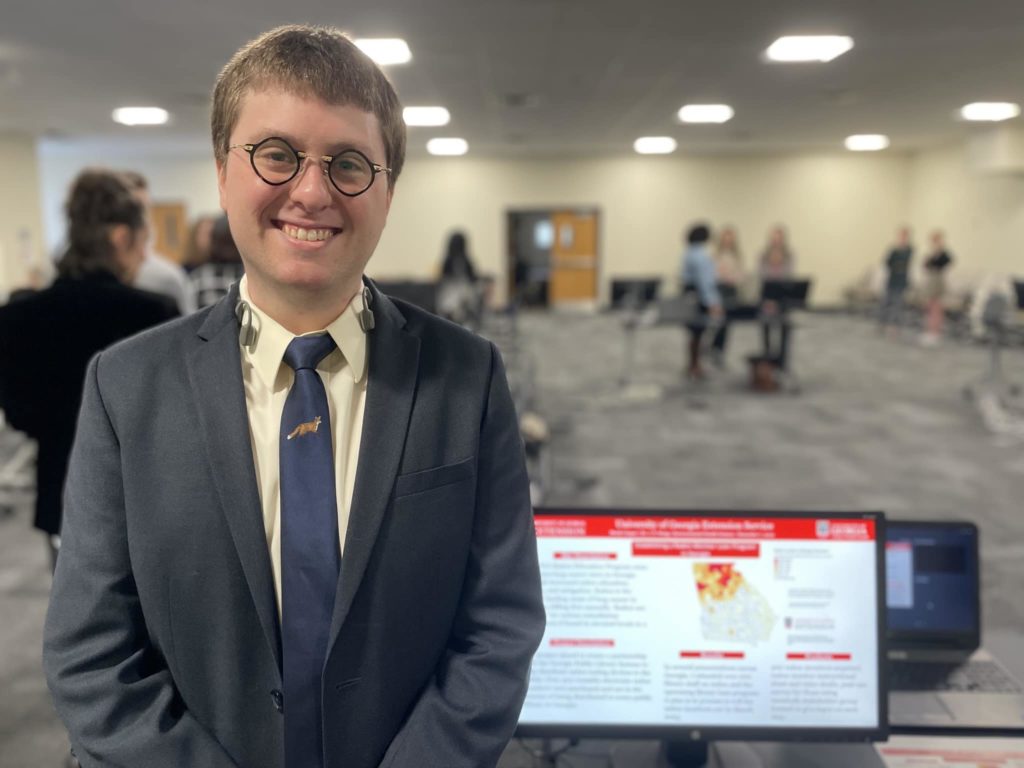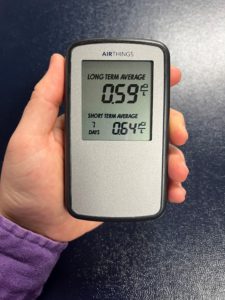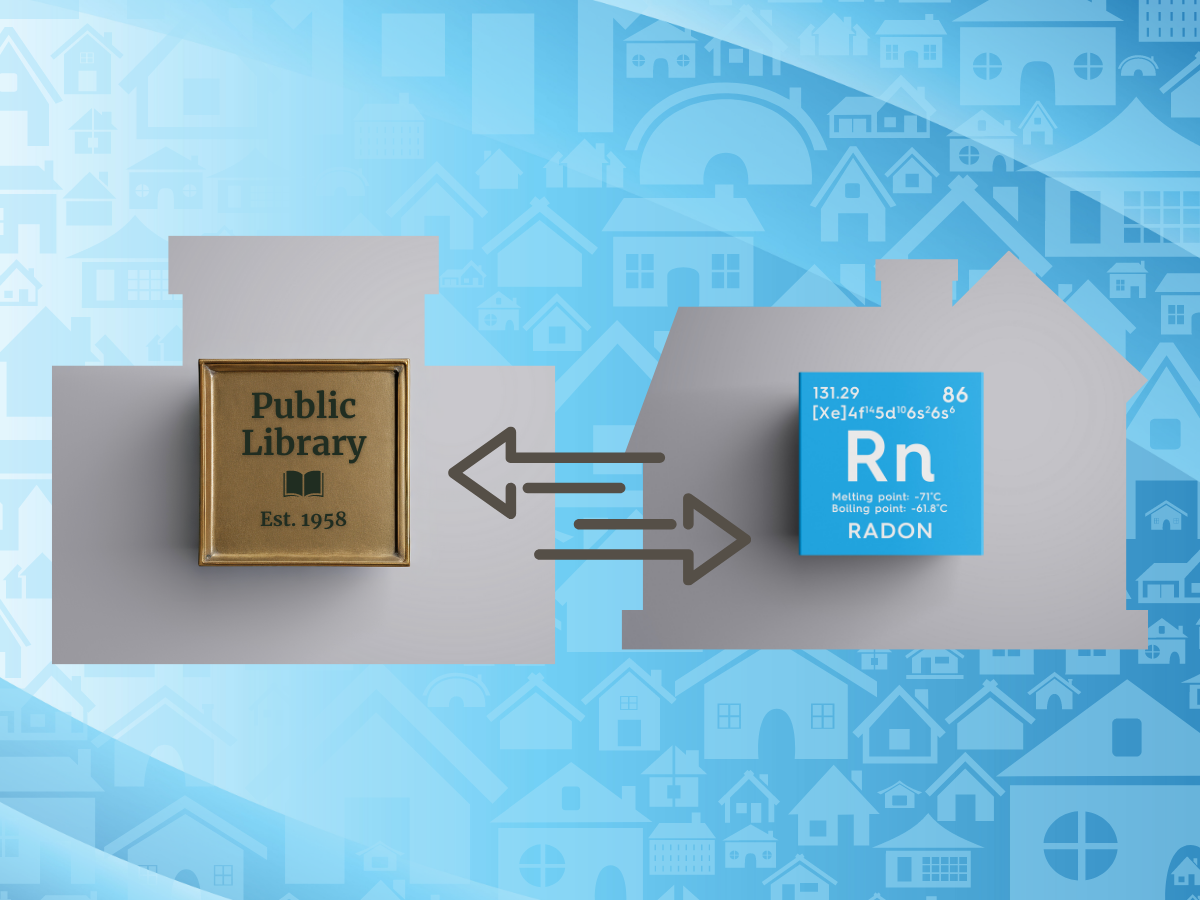Every home has a smoke detector installed in it to warn homeowners of a fire and prevent death and injury. And though there were 68 fatalities due to home fires in Georgia in 2022, this number could have been higher without the use of smoke detectors.
However, radon-induced lung cancer leads to nearly 12 times as many deaths as house fires, but many people do not have a radon monitor.
“Radon comes from uranium. Uranium occurs naturally in a lot of rocks and rocky soils, and that is especially true in granite rock. We have a lot of that in the north half of Georgia,” said Derek Cooper, a radon educator with the University of Georgia Cooperative Extension.
Although radon exposure is the second leading cause of lung cancer in Georgia, it is not largely talked about. There are few attempts to mitigate the issues that cause radon exposure.
“A lot of people don’t know about it. It’s not really a hot button issue, and it takes many years to cause lung cancer, so it doesn’t get reported often in the news,” said Cooper.
Awareness building around the dangers of radon became a focus of Cooper’s when he began a Master of Public Health program at UGA’s College of Public Health.
Leveraging Libraries

Derek Cooper is a radon educator with the University of Georgia Cooperative Extension and ’22 MPH graduate.
All MPH students complete an applied practice experience (APE), often in the form of an internship, that brings the knowledge and skills they’ve built in the classroom to a community-serving organization, often supporting a research project, or program implementation or evaluation, among other services.
Students work with their organization to deliver a product –such as a report, a needs assessment, etc. – that reflects their work.
As part of his practice experience, Cooper partnered with the Georgia Public Library System to launch a Radon Monitor Loan Program in Georgia. The program’s goal is to reach more community members with Extension’s radon education as well as make radon monitors available to check out.
“It’s a simple monitor. You can basically put it in your home, reset it, and let it sit for a minimum of two weeks. It’s going to give you a pretty accurate measure of the radon in your home, and then the benefit of that is that it can be reused,” said Cooper.
The monitors can cost around $150 per reusable monitor, however, there are some testing kits that are one-time use for $15. Still, the cost of radon monitors is a barrier to decreasing radon exposure and awareness.
The program is planned to loan out reusable monitors that individuals can check out at their local library, test their home, and bring the monitor back to be checked out again by another individual.
State librarians have been introduced to the program and, in many cases, have received information about radon for the first time.
“We have done a good job of educating a lot of the librarians who will be the frontline and helping people use these kits,” said Cooper.
The program will roll out to the public in the coming months.
Beyond Testing

Cooper holds an example of the digital radon detectors available for check out through the radon monitor loan program.
But, once the home is tested for radon, it does not alleviate the problem of radon exposure.
“The second, bigger barrier that we haven’t been able to really overcome is that to fix a home for radon, the average cost to install the Radon Mitigation System is about $1,200. While that’s a similar cost to other home repairs, a lot of people don’t have $1,200 to fix their homes,” says Cooper.
There are options for tackling the issue of repair costs.
“Other states have implemented laws on radon, whether it’s requiring testing during real estate transactions or testing in schools, which increases awareness and things like that. Georgia is not one of the states that has any laws on radon yet,” said Cooper.
“But, we help encourage builders to use radon resistant new construction when building, essentially homes can be built radon resistant. That is a lot less expensive than retrofitting a home with a mitigation system,” he said.
However, radon is an on-going issue even for new homes because the gas will continue to leak from the environment.
Extension’s goal is to launch the loan program in the Georgia libraries this year. With a successful run, the program could expand to other states where radon exposure is an issue.
– Chancey Phillips
Posted on March 15, 2023.







